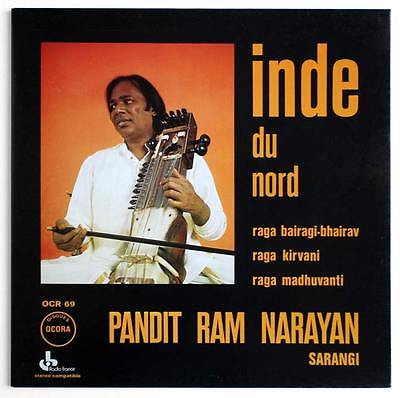
I made a two hour guest mix of long-form instrumentals for Lyon/Paris based online radio station LYL Radio. The Oddlogs is their series of guest sets with different music bloggers from around the world, and their lineup has been excellent thus far so I’m honored to be in such good company. I wanted to take advantage of the long time slot to use lengthier, more meditative tracks that are less synth-heavy and more acoustic-centric, with (almost) no vocals. There’s also a lot of excellent natural reverb and room tone in here. In the spirit of the music, I recorded my talkback segments in my bathroom for added reverb, and made my best attempt at ASMR-esque speaking. For what it’s worth, I think it makes a solid snow soundtrack. If you like the mix, there’s an mp3 version without my speaking in it which you can download here. Enjoy!
Tracklist:
1. Joanna Brouk – Winter Chimes
2. Raul Lovisoni – Amon Ra
3. Daniel Lentz – Lascaux
4. Daniel Schmidt & the Berkeley Gamelan – Faint Impressions
5. Daniel Kobialka – Orbital Mystery
6. David Casper -Tantra-La
7. Ernest Hood – From The Bluff (Excerpt)
8. Roberto Mazza – Artigli Arguti
9. Vincenzo Zitello – Nembo Verso Nord
10. Pandit Ram Narayan – Rāga Kirvani
11. Seigén Ono – Suimen-Jo Niwa
12. Joel Andrews – The Violet Flame, Part 2 (Excerpt)
13. Stuart Dempster – Secret Currents
